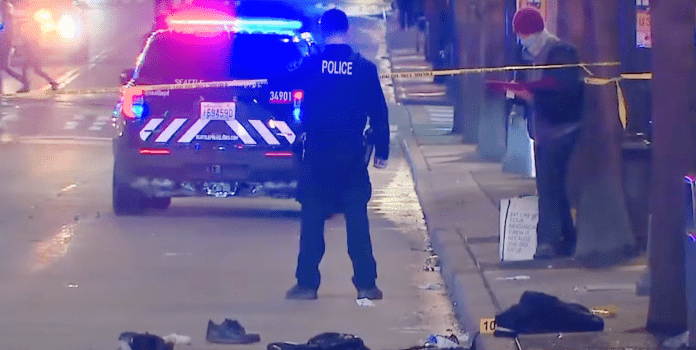(Ezekiel Loseke, Headline USA) The city of Seattle has agreed to pay millions to business owners and citizens who are suing over the city’s 2020 handling of the autonomous zone protests, originally dubbed the Capitol Hill Autonomous Zone (CHAZ or CHOP), according to Fox News.
Specifically, the citizens are to be “compensated for the City’s mishandling of CHOP that resulted in a significant increase in crime and even loss of life,” attorney Angelo Calfo said in a statement.
The now-settled lawsuit asserted that Seattle “effectively authorized the actions of the CHOP participants,” according to the text of the suit.
The settlement includes a payment of $3.65 million.
In June of 2020, protestors swarmed over the area, took the police department’s precinct, and stopped police officers from enforcing the law in that particular area of Seattle.
The ‘protest’ was in response to the death of George Floyd, who died of an overdose after resisting arrest.
The seized area, the Capitol Hill Autonomous Zone, was covered incessantly by the media as violent crime surged within the site. Several fatal shootings occurred, including the murder of a 16-year-old boy.
Demands from the autonomous zone included slashing the budget of the police by 50%, releasing people in jail for crimes involving marijuana, and ending imprisonment.
The consequence of this zone was disastrous for the people of Seattle.
In 2019, before the autonomous zone, there were 31 homicides in Seattle. In 2020, that number increased by 61%, totaling 50 homicides. 2020, not incidentally, saw the highest number of murders in 26 years.
The citizens and businesses that filed the lawsuit wanted to hold the city accountable for the death and destruction that the city enabled by its tolerance of CHAZ.
The lawsuit uncovered the fact that local politicians and high-ranking police officers had deleted thousands of text messages related to CHAZ.
The City Attorney Anne Davison expressed relief to be done with the lawsuit.
She reported being “pleased that we were able to resolve this matter and turn a page from a difficult period in the city’s history.”

